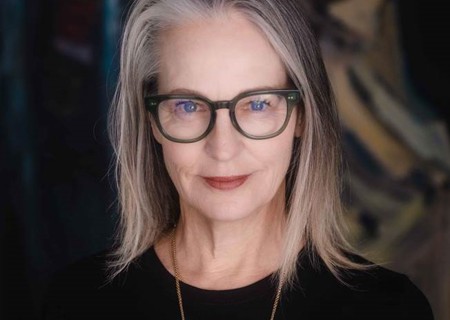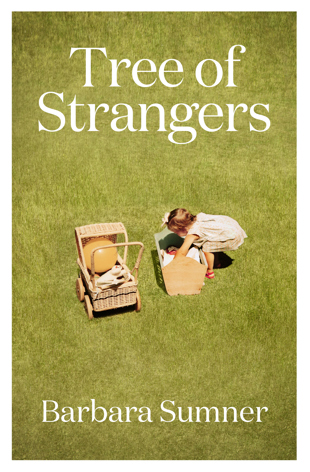Q1: Now your book has gone off to print, how are you feeling?
I am relieved, neurotic, trepidatious. And very pleased.
Q2: When did you decide that you just had to write this book?
This book has been brewing for years. Successive governments have declined to address adoption law reform. With each knockback, the desire to open up the discussion grew. Many countries, including Australia, Canada, Ireland and England have embraced adoption reform. Meanwhile, New Zealand’s adoption laws remain outdated and discriminatory. I’d say the book chose me.
Q3: You’ve had a lot of writing experience in journalism and film. Was writing your first book altogether of another order?
In journalism and film, you work hard to get your self out of the way of the story. With this, I had to put myself in the firing line. I found that very challenging.
Q4: What were the tough bits?
All of it. As an adopted person, you learn you have few rights to your own story. Confronting that sense of illegitimacy was difficult. Dealing with what felt like the brick wall of Oranga Tamariki was also very unpleasant. Being denied necessary information that most others take for granted is sobering. Family health records, for instance, or your correct birth date. Or even a birth certificate with correct details. Writing enabled me to fully understand how we treat adopted people as second-class citizens, and why.
Q5: When you got into those tough bits, how did you motivate yourself to keep going?
I worked with a therapist to identify and separate the issues. Those things that belonged to me. Those caused by family dysfunction. And the things created by stranger adoption. And how those things affect all those involved.
Q6: There’s been a lot of pain and turbulence in your life. Did this book exhume incidents and moments that brought that pain back?
There have been some difficulties, yes, although I do not view my life through that lens. We are all working to construct coherent narratives to uplift our experiences. But it is incredible the things we bury and turn away from. And yes, the exhumation of earlier incidents was not always easy. The adage that you need to break eggs to make omelettes comes to mind. But then I’m mostly planted-based, so I am searching for an alternative. No luck. Eggs and omelettes it is.
Q7: Memoir is challenging isn’t it, because it’s not just your life that is making it onto the page. How did you approach the way you wrote about other people?
That’s a good question. As much as possible I tried to see the world as those I’ve written about see it. The ways they justify their actions and their reasons for doing so. But the truth is such a slippery thing. While some may feel I have not captured their reality, I have worked to define my truth, in a spirit of consideration.
Q8: What do you want this book to achieve for adopted people?
Most often, we represent adoption as a social good. Adopters as saviours. Adopted people as ‘lucky’. We often portray the problems experienced by adopted people as personal failures, rather than a failure of a system that treats them as a separate class of persons. Their need for identity is often portrayed as different from those who belong to their families of origin. Adopted people are never not adopted. And yet there’s not a lot written from inside that reality.
Q9: Who are the writers you most admire?
Pearl S Buck is my perennial favourite. I still take comfort from rereading Pavilion of Women.
Anna Akhmatova; her poetry was the first to open my heart.
Jeanette Winterson, always.
Q10: What books are on your bedside table?
Walking Home by Michele Amas. (Heartfelt)
Speaking for Israel: A speechwriter battles anti-Israel opinion at the United Nations by Aviva Klompas. (Illuminating)
Islands of the Dawn: The Story of Alternative Spirituality in New Zealand by Robert S. Ellwood. (Research)
They Knew Too Much About Flying Saucers by Grey Barker. (Research and hilarious)
Just Pervs by Jess Taylor. (Fascinating)
Death by Adoption by Joss Shawyer. (Always there. The first book I ever read on the subject.)


